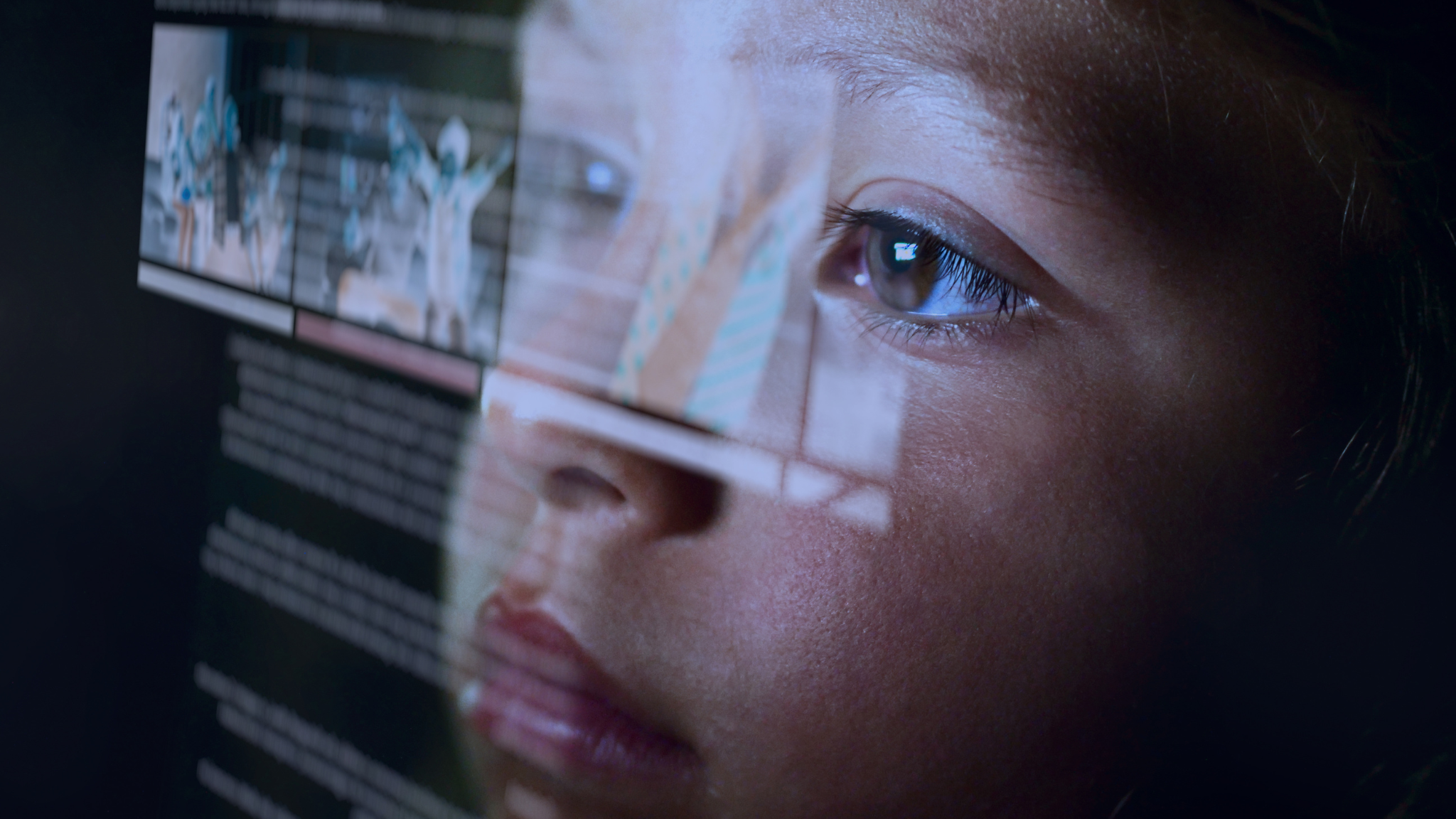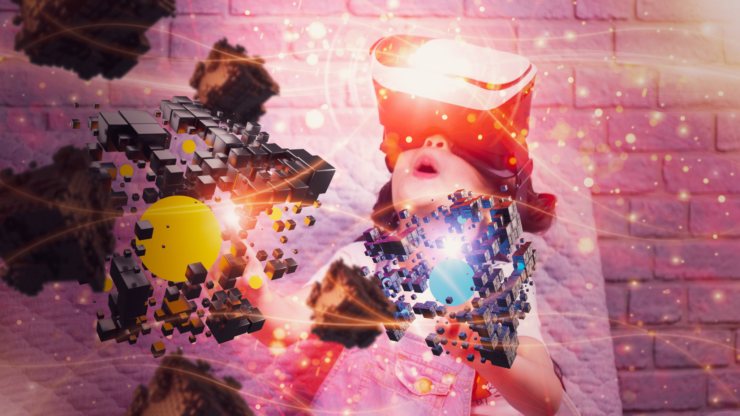Artificial Intelligence has now become embedded into our everyday lives. Many parents are using AI to help with scheduling, creating child-friendly recipes, exercise, and even bedtime storytelling.
A dad named Larry Lundstrom told news channel, Click on Detroit that he created a full children’s book with illustrations and audio just by typing out a single question, “Where do ladybugs get their color?” on an AI app called Tome.
“It created, in a matter of 90 seconds, 10 pages of a story about where ladybugs get their color with supporting illustrated visuals,” said Lundstrom.
We’re still in the early stages of using advanced AI technology and don’t yet know how much it will affect us yet. The huge impact that AI is having on our society is similar to when the internet first became publicly available and also when smartphones started rolling out, but this is much bigger and the changes will also be a lot faster. That’s why it’s important for parents to make sure that their kids understand how to use AI ethically and responsibly.
Dr. Sarah Dollof, an Associate Professor of Psychology at Central Michigan University, discussed the impact of AI on children with Click on Detroit: “I think there’s exciting ways that this can go in terms of really helping people come up with novel solutions and so forth, and ideas to bring to your children, but there is the risk that the information that you get from these systems may be biased.”
ChatGPT is being celebrated as this advanced AI system that can write entire novels for you, but the technology is far from perfect. The AI program will frequently say completely false statements with confidence because, experts say, it’s “hallucinating” wrong answers, which will be a problem for years.
AI and Creativity
Because of ChatGPT’s tendency to mix falsehoods with facts, kids and teens who use the app to do their homework or write their essays for them will get caught easily unless they fact-check the AI-generated text and make alterations to make the writing sound more like them.
I wrote about how ChatGPT is making traditional schools outdated and forcing schools to change the assignments that they give students. This is forcing schools to be more creative with their assignments and will give students more creative freedom.
Instead of asking students to answer outdated English class prompts like “Describe the meaning of the green light in The Great Gatsby,” students can instead choose a book they want to read and ask ChatGPT questions that come up when reading the book like “Why doesn’t the narrator in Fight Club have a name?” or “Why is the American Dream so significant in Fear and Loathing in Las Vegas and why did it die?”
Based on their conversation with ChatGPT, students can come up with a project on a topic of their choice based on a piece of written work that they actually want to read. They can then use other AI tools to create a project on the topic.
Instead of having to write an essay, students can make videos or pieces of art on any topic, which is similar to the projects that students do in Waldorf and Reggio Emilia schools.
By making assignments more creative, students will be more engaged, be able to learn at their own pace and will enhance independent thinking. This is more modern and practical than making all 20+ kids in one class read the same boring book and answer the same boring questions that have been asked in English classrooms for the past 100+ years.
If used in the right way, AI can be a tool to help with creativity. Apps like Midjourney and Canva can generate amazing, AI-generated illustrations, based on written prompts, in a matter of seconds. Songen and AIVA can generate original music instantly that users can add to videos or any creative projects.
These apps are awesome tools for creativity and can help budding artists who don’t have the budget to hire professional illustrators and musicians to help their movie, song, or book ideas come to life.
Even though AI apps can do hours of work in seconds, it doesn’t do everything. You still need to give the right prompts, change stuff around to make the results look or sound better, and you still need to exercise your creative mind to get the app to produce cool art.
“It is not our goal to recreate the human mind—that’s not what we’re trying to do. What we’re more interested in are the techniques of interacting with humans that inspire creativity in humans,” Rob High, Vice President and Chief Technology Officer for IBM Watson told IBM.com. “And that requires that we spend time thinking about that creative process. What could we do to help people come up with new ideas on a much more regular basis than they do today?”

Hindering Creativity
AI can hinder a child’s creative development if they use it passively without questioning if something the AI said is false or unbiased. Just like with phones, it’s very easy to fall into the trap of relying too much on it and having it do the thinking for you.
“Understanding artificial intelligence will increasingly become important in forming responsible, educated citizens with agency to make decisions and advocate for themselves in an increasingly automated world,” Aimee Roundtree, a professor at Texas State University, told CNBC.
Just like with other important technology like phones and the internet, kids need to be taught how to use AI. They need to understand its limitations, learn how to avoid overreliance, and be able to actively decide when and how to use it in their daily lives.










Add comment